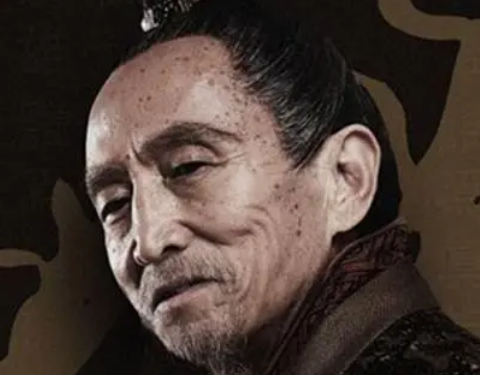As the first emperor in Chinese history to unite the six kingdoms, Qin Shi Huang's life and reign have always been the focus of historical scholars' research. Among his many children, Hu Hai's name is remembered by later generations because of its association with the short-lived Qin Dynasty. This article will explore Hu Hai's ranking among Qin Shi Huang's many descendants and his role in the history of the Qin Dynasty.

I. Hu Hai's identity: the eighteenth son of Qin Shi Huang
According to the "Records of the Grand Historian", Hu Hai was the eighteenth son of Qin Shi Huang. Qin Shi Huang had many children, but the exact number is inconsistent in historical records. Nevertheless, Hu Hai's relatively low ranking did not have an advantage in the inheritance rules of that time. However, the contingency of history allowed him to eventually ascend the throne.
II. The historical background of Hu Hai's accession to the throne
During Qin Shi Huang's tour, he died of illness, and his death was concealed by the chancellor Li Si and the eunuch Zhao Gao. They forged a testament, making Hu Hai (also known as Qin Er Shi) ascend the throne instead of the eldest son Fu Su. This event is known in history as the "Sha Qiu Coup", which was the beginning of political unrest in the Qin Dynasty.
III. Hu Hai's reign and the fall of the Qin Dynasty
During Hu Hai's reign, he became a puppet manipulated by Zhao Gao. He lacked the decisiveness and wisdom of a king, coupled with internal power struggles within the Qin Dynasty, harsh laws, and years of war consumption, which led to widespread unrest and ultimately triggered large-scale rebellions. The Qin Dynasty collapsed rapidly after Hu Hai ascended the throne, lasting only three years.
IV. Evaluation of Hu Hai's historical status
Hu Hai's reign is often seen as a symbol of the decline of the Qin Dynasty. As his accession to the throne was not a normal inheritance process, but the result of power ministers and eunuchs manipulating the situation, his historical evaluation is generally poor. Hu Hai's brief reign did not bring stability to the Qin Dynasty, but instead accelerated its downfall.
Conclusion:
As the eighteenth son of Qin Shi Huang, Hu Hai unexpectedly inherited the throne but failed to prevent the collapse of the Qin Dynasty. Although his reign was brief, it left a profound mark on Chinese history. Hu Hai's story reminds us that the development of history is often full of uncertainty, and personal ability and political wisdom are particularly important when facing historical trends. Through the study of Hu Hai's life, we can gain a deeper understanding of the political dynamics and complexity of historical development in the late Qin Dynasty.
Disclaimer: The above content is sourced from the internet and the copyright belongs to the original author. If there is any infringement of your original copyright, please inform us and we will delete the relevant content as soon as possible.






























